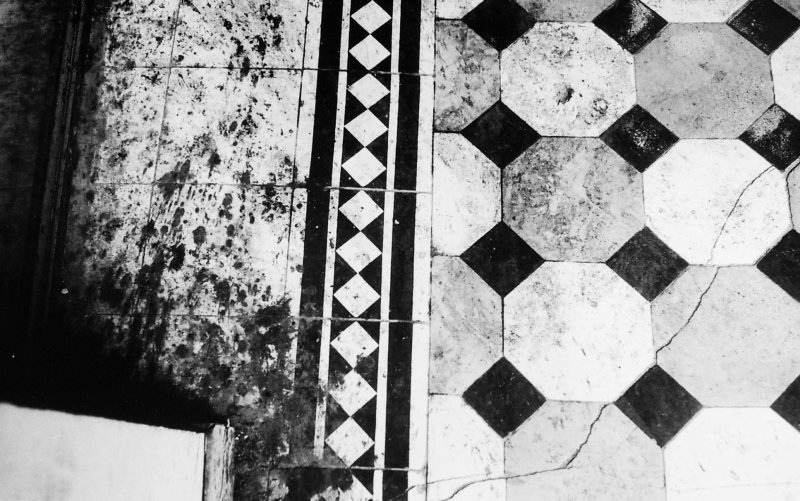The Washerwomen’s strike is assuming vast proportions and despite the apparent independence of the white people, is causing quite an inconvenience among our citizens….There are some families in Atlanta who have been unable to have any washing done for more than two weeks.
—Atlanta Constitution, 26 July 1881
1.
Of course we could wash our own clothes.
But our mothers never taught us to make soap or starch.
We have never had to haul water
or lift heavy irons from the hearth where they warmed.
We have not learned how to iron sleeves
with their tucks and seams.
Just yesterday the neighbors had their washing
returned to them wringing wet.
What were they to do with wet laundry?
It pains us to see our husbands leave for the city
with dirty cuffs and crumpled shirtfronts,
see our children play in yesterday’s skirts and short pants.
But really, what can we do?
We don’t vote in city council.
And if we did?
2.
Of course that is not a real voice.
All that remains from the strike are newspaper articles
and the Washing Society’s letter to the mayor:
…we will have full control of the city’s washing at our own prices,
as the city has control of our husbands’ work at their prices.
While the women washed, they must have
murmured to themselves, trying out phrases,
settling on the clearest words, the ones that spoke truth.
3.
Sarah Hill was a maid and a cook in someone else’s house
until she married, and then she took in washing. Years later
she told someone with questions and a notebook,
I could clean my hearth good and nice
and set my irons in front of the fire and iron all day….
I cooked and ironed at the same time. The interviewer
gave her a different name.
The poem wants to try on her voice,
saying I did this work; and of course I have done this work
though not as Sarah did. I have washed my family’s clothes,
not another’s. My water is not hauled from wells. A machine
wrings out the soap and water and dirt, my iron
plugs into an outlet. The poem wants to speak in her voice,
saying I marched, I refused, and of course I have, but
when the risk was heat or cold or rain, nothing
more than discomfort.
Look at this figure set in a glass case
at the museum: Sister Tuesday, carved from wood
with an ordinary pocketknife. She is ironing a shirt,
fifty years after the Washing Society strike.
Does the artist speak for Sister Tuesday and her aching arms—
her mouth slightly open as if she sang while she ironed,
or told a story to someone else in the room, someone
whose only job was to listen? Maybe about her grandmother
and the Washing Society, or how her mother pointed the iron
into a cuff like this. Or does the sculptor, a man whose handwork
was displayed with the Harlem Renaissance, see her
from outside—a woman whose handwork was worn
on her employer’s back? I have not allowed the poem
to speak for Sarah and her sisters.
4.
And, of course, the irons were every bit as heavy after the strike
and the well didn’t move any closer to the house.
There is no record of the council’s final vote, but in any case
the women still had to cook while they ironed
or there would have been no dinner. But those words,
full control, must have added salt to their cornbread,
must have lightened their steps as they carried
the starched and pressed shirts to those who paid them
for the privilege of wearing clean clothes. As for me,
I can be the one who listens to a woman
tell her grandmother’s story while she irons; I can hear
Sarah hum to herself as she carries the clean shirts.
Image Credit: “Washer Woman” by anonymous licensed under Public Domain from the National Archives at College Park and obtained from Wikimedia Commons.



